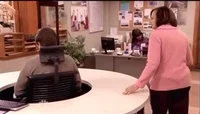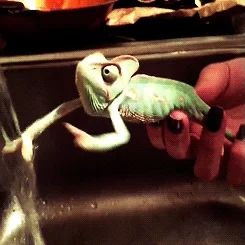
Nairobi County has reported more than 14 cases of cholera only two weeks after the dreaded disease outbreak.
However, like with most disease statistics, majority of cases are under-reported either by design or by nature.
But one important thing remains: you are entirely responsible for your health. With that said, these are some of the ways you could get yourself safe from cholera during this outbreak.
What exactly is cholera?

According to WHO, Cholera is an acute diarrhoeal infection caused by ingestion of food or water contaminated with the bacterium Vibrio cholerae.
Cholera remains a global threat to public health and an indicator of inequity and lack of social development.
Researchers have estimated that every year, there are roughly 1.3 to 4.0 million cases, and 21 000 to 143 000 deaths worldwide due to cholera.
How to know you have cholera

Cholera is an extremely virulent disease that can cause severe acute watery diarrhoea.
It takes between 12 hours and 5 days for a person to show symptoms after ingesting contaminated food or water.
Cholera affects both children and adults and can kill within hours if untreated.
Back to environment

Most people infected with V. cholerae do not develop any symptoms, although the bacteria are present in their faeces for 1-10 days after infection and are shed back into the environment, potentially infecting other people.
Among people who develop symptoms, the majority have mild or moderate symptoms, while a minority develop acute watery diarrhoea with severe dehydration. This can lead to death if left untreated.
How to be safe from Cholera

- Wash your hands regularly. Regular hand washing is the best way to control cholera infection. Wash your hands thoroughly with hot soapy water, especially before eating, preparing food and after the using the toilet.

- Drink only water that has been boiled or disinfected with chlorine, iodine or other suitable products. Products for disinfecting water are generally available in pharmacies. Hot tea or coffee, wine, beer, carbonated water or soft drinks are generally safe to drink.
- Avoid ice, unless you are sure it is made of safe water.

- Eat food that has been thoroughly cooked and is still hot when served. Cooked food that has been held at room temperature for several hours and served without being reheated can be an important source of infection.

- Avoid raw seafood and other raw foods. The exceptions are fruits and vegetables that you have peeled or shelled yourself.
- Boil unpasteurized milk before drinking it.
- Ice cream from unreliable sources is frequently contaminated and can cause illness. If in doubt, avoid it.
- Be sure that meals bought from street vendors are thoroughly cooked in your presence and do not contain any uncooked foods.